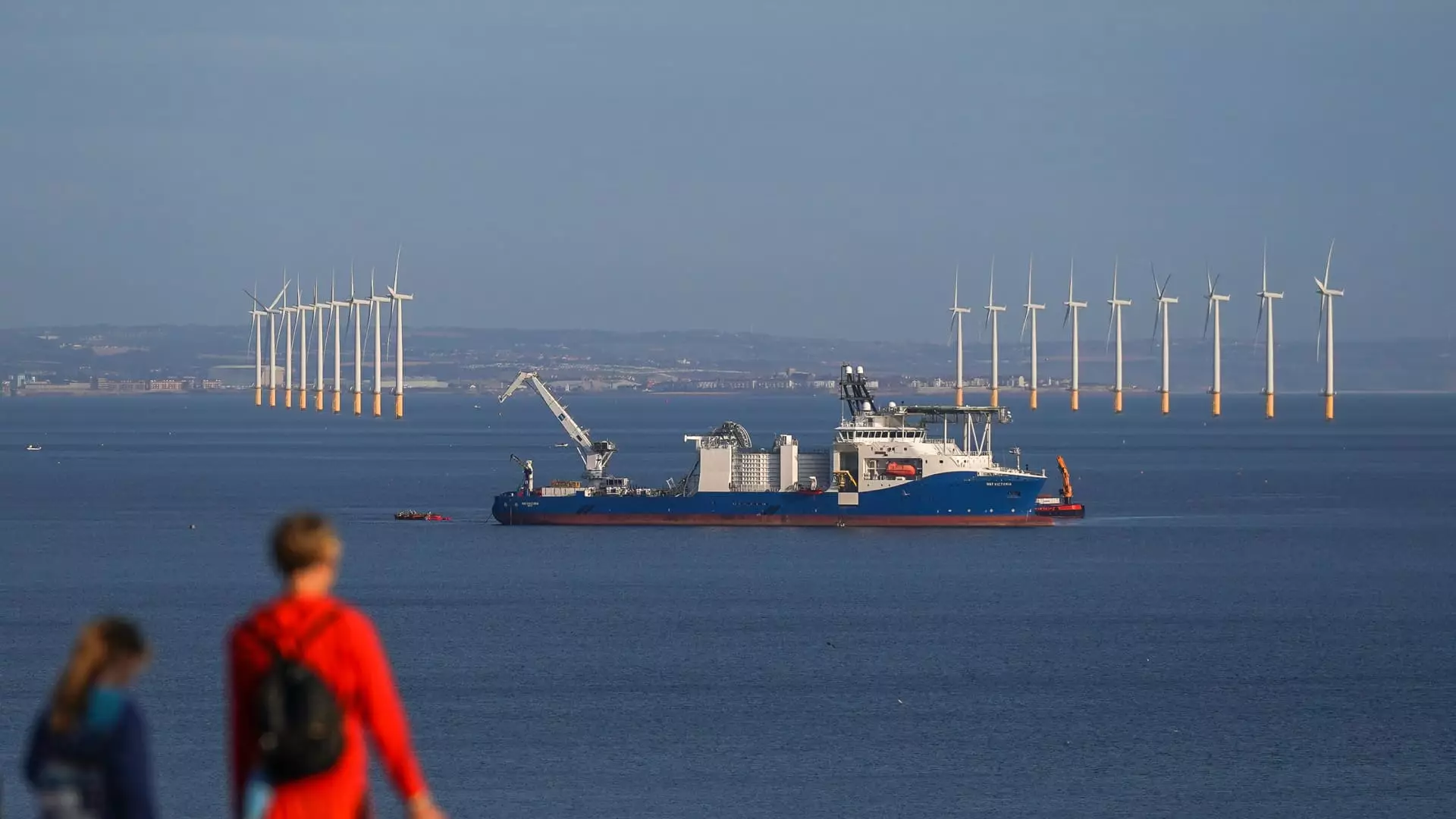Recent remarks by U.S. President-elect Donald Trump have ignited a contentious debate concerning Britain’s energy policies, particularly focusing on the North Sea’s potential. Trump’s call for the U.K. government to “open up” this vital resource has raised eyebrows, especially in light of Apache Corporation’s announcement to cease its operations in the region by 2029. His criticism of the British government’s energy tax policy, particularly the windfall tax on oil and gas producers, underscores a fundamental clash between economic interests and environmental goals.
The rationale behind Trump’s statements revolves around the assertion that the current government policy, exemplified by the Energy Profits Levy (EPL), is detrimental to economic viability. By imposing a tax increase from 35% to 38%, the Labour government has intensified financial pressures on energy producers in the North Sea. Critics argue that such policies could lead to reduced investment in a sector that has historically provided substantial returns. Trump’s emotional appeal, including a call to “get rid of windmills,” reflects an urgency to revive fossil fuel production at a time when the demand for conventional energy remains high globally.
Environmental Implications
However, the discussion cannot be limited to economic repercussions alone. The windfall tax is being leveraged to fund Britain’s transition away from fossil fuels, a strategy deemed essential by the government for ensuring energy security and reducing dependence on non-renewable resources. By fostering offshore wind energy development, the U.K. aims to position itself as a leader in the green energy sector, transforming the North Sea into a “green power plant” capable of supporting both domestic and European energy needs. The irony remains that the push for renewable energy resources, which Trump disparages, could be critical for safeguarding the environment in the long run.
Industry Responses and Future Prospects
Responses from the energy sector have been somewhat muted, with companies like Shell and BP hesitantly engaging in the dialogue. Their lack of robust commentary could signal either a reluctance to engage with political rhetoric or a deeper concern regarding the policy environment in the U.K. The rapidly expanding offshore wind sector, which is plagued by escalating costs and supply chain disruptions, illustrates the challenges that lie ahead. While ambitions are high, operational stability remains a pressing concern as interest rates rise and financial pressures mount.
Trump’s comments also highlight a broader narrative about energy independence and the geopolitical ramifications of national energy policies. As countries wrestle with the dual priority of economic growth and environmental stewardship, the North Sea stands at a critical juncture. The ability of the U.K. to balance these competing interests will have repercussions that extend far beyond its borders, influencing global energy markets and climate commitments.
The debate over the North Sea is not merely about oil and gas production or wind farms; it embodies a larger struggle regarding how nations respond to historical and emerging energy challenges. The ongoing discourse prompted by Trump’s remarks may serve as a catalyst for renewed examination of the U.K.’s strategic energy policies in the years ahead.

Leave a Reply